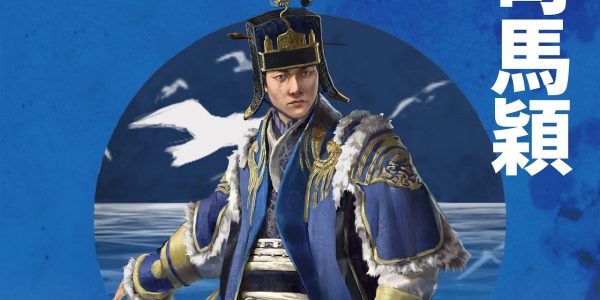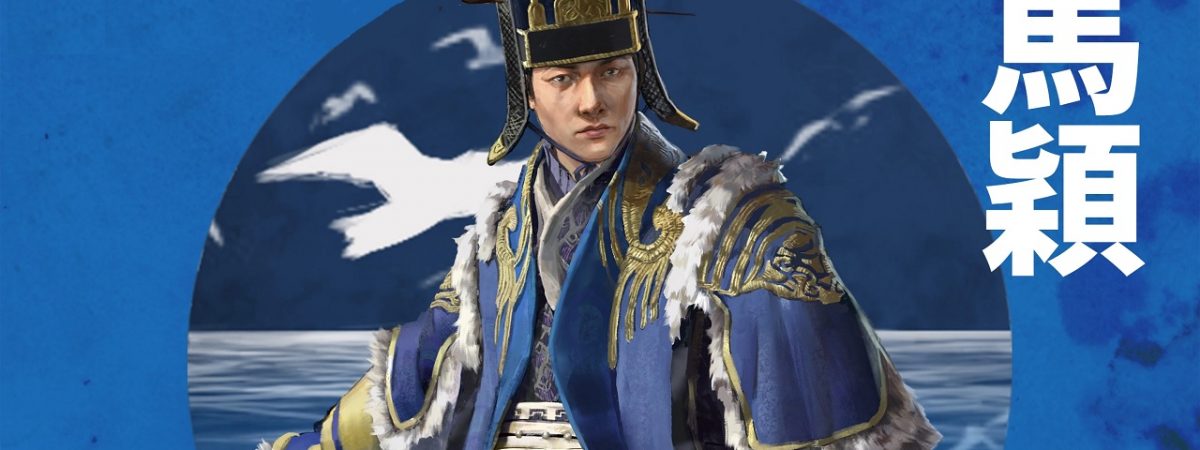Of all of the eight princes whose actions dominated the War of the Eight Princes, the story of Sima Ying may be the most complex and tragic. Sima Ying will be one of the eight new playable faction leaders in Total War: Three Kingdoms’ Eight Princes DLC, which will launch in early August. The only Strategist among the eight princes, he has a very unique playstyle. Moreover, his rise and fall make for one of the most interesting tales from the war-torn era.
Sima Ying in the Total War: Three Kingdoms Eight Princes DLC
“Handsome, but never considered the sharpest tool in the box, Sima Ying developed a good reputation as being filial and lenient,” explains Creative Assembly; “and for listening to the advice of his capable advisor Lu Zhi. As his influence grew however, he became power-hungry and arrogant, and increasingly involved in political schemes. It is unclear if this was due to Lu Zhi’s manipulation, or whether Lu Zhi was the one who actually kept him in control. He became the Prince of Chengdu when he was only 10 years old, but was later transferred to another office after disrespecting Emperor Hui’s son Sima Yu. He was placed in charge of the military defence post for the important city of Yecheng, which was a backwater, but an important breadbasket all the same.”
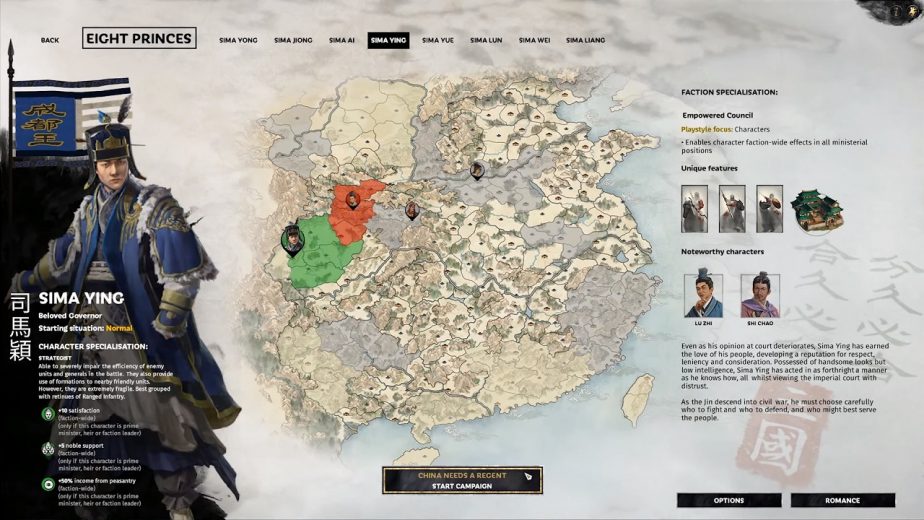
Sima Ying, “the Beloved Governor,” has a unique starting position in the Eight Princes DLC. He begins the game with total control of Chengdu commandery, in China’s western basin. No character starts in this region in the base game. The closest would be the start positions of Ma Teng and Gong Du, further north. In fact, Sima Ying has another similarity with Ma Teng, as his unique units are the Qiang Hunters, Qiang Marauders, and Qiang Raiders; the same units that Ma Teng has. Ying also has access to a unique Government Support building chain. This improves food production from farms and also boosts peasant income. In fact, he provides a +50% faction-wide increase to peasant income, making it even more lucrative.
Sima Ying’s Unique Playstyle
Setting him apart from the rest of the eight princes, Sima Ying is the only one to have the Strategist class. As such, he is a poor frontline fighter, but has good access to ranged units and so forth. Although he doesn’t have a unique faction resource, he does have a very unique play-style. This focuses heavily on his court and ministers, as any minister he appoints grants faction-wide bonuses! Ordinarily, only the faction leader, heir, and prime minister would do this. As a result, Sima Ying can assemble an extremely powerful and synergistic court. To help keep his court happy, he also provides a +10 satisfaction bonus to every character in his faction.
Sima Ying in the War of the Eight Princes
Sima Ying was the brother of both Sima Ai and Sima Wei; all of whom were sons of Emperor Wu. However, while his brothers remained close to the imperial court, Sima Ying was sent to command a defence post for the far-off city of Yecheng; a punishment meted out by Empress Jia Nanfeng when he was disrespectful to crown prince Sima Yu. Although he wasn’t especially intelligent, he was lenient with the people, filial, and willing to listen to his advisors. As such, he became popular with both the people and the government officials who surrounded him.
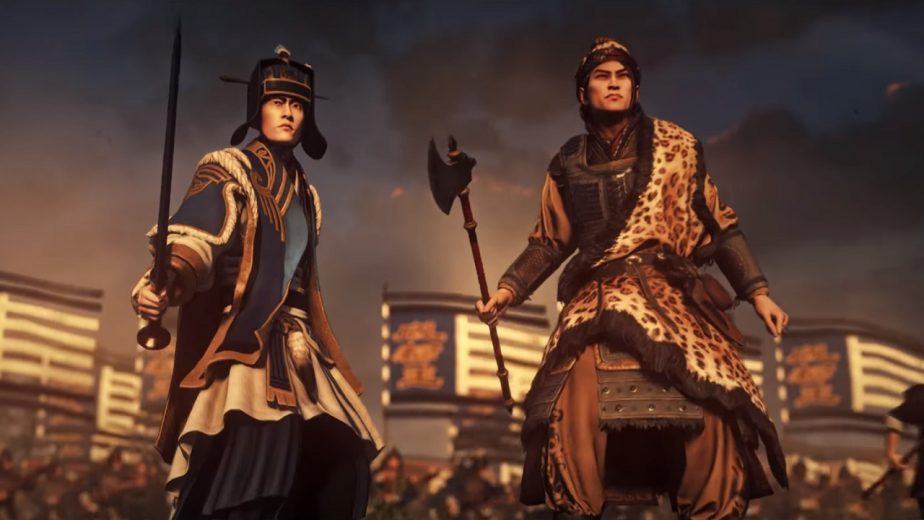
After Sima Lun staged a coup which resulted in the execution of Empress Jia and then seized the emperor’s throne, he became increasingly paranoid. As a result, he attempted to dispatch three of his vassals to the courts of Sima Ying, Sima Jiong, and Sima Yong; the three princes whom he most feared might rise against him. Unfortunately, this very act provoked Sima Jiong to declare a rebellion. Sima Ying joined him, and together they quickly defeated, captured, and executed Sima Lun. Emperor Hui was subsequently restored to the throne. In the aftermath, both Jiong and Ying were given the title of regent, in an attempt to preserve peace through a balance of power. However, Ying refused the title and returned to his post at Yecheng.
The Plot to Make Sima Ying Emperor
Sima Jiong quickly proved to be a poor regent. He grew increasingly arrogant, appointing his sons as princes and acting disrespectfully towards the emperor. In the year 302, the emperor’s grandsons both died, leaving the emperor with no male heirs. Although Sima Ying was deemed the best choice to succeed Emperor Hui, Sima Jiong named Sima Qin as crown prince. Sima Qin was, at the time, only seven years old and seen by Jiong as an easy puppet to control.
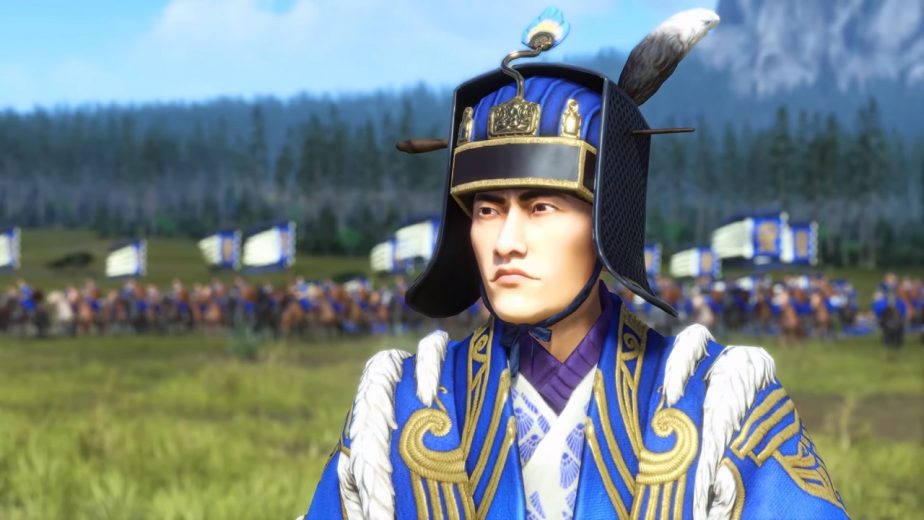
Like Sima Lun before him, Sima Jiong had begun to become suspicious of potential rivals, most of all Sima Yong. His suspicion was well-founded; Yong did indeed wish to dispose of him. However, he was cunning enough to concoct a conspiracy. Together with Sima Ying, he plotted to launch a rebellion to overthrow Sima Jiong, after which they would depose Emperor Hui and make Ying emperor. Yong would become his prime minister. To enable this plot, Yong enlisted Sima Ai to launch the rebellion, expecting his attack to fail but weaken Jiong sufficiently for himself and Ying to overthrow him.
The Plot Foiled… Another Rebellion Launched
Unfortunately for their plot, Sima Ai proved much more effective than expected. Not only did he defeat Sima Jiong and execute him, but he took over his position as regent. Despite Sima Ai deferring to Sima Ying when it came to most important issues, the pair would not see their plot denied. As such, Sima Yong and Sima Ying soon launched their own rebellion against the new regent. However, although they had much greater forces, they could not win a conclusive victory against those of Sima Ai. One year later, the war came to an end when Sima Yue arrested the regent and surrendered the capital to the aggressors. Sima Ai was cruelly executed by one of Sima Yong’s generals, who burned him to death, while Sima Ying became regent.
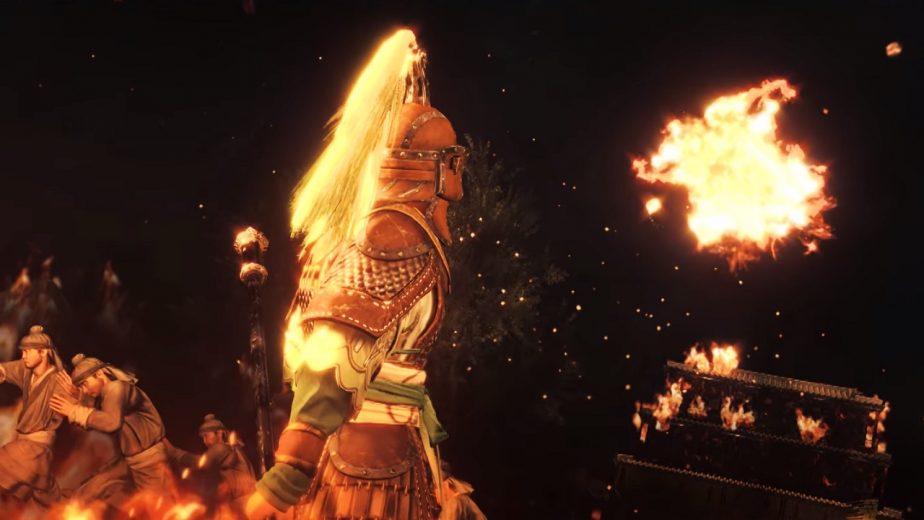
Just as he had planned with Sima Yong, Sima Ying quickly moved to become heir to Emperor Hui by deposing the crown prince. However, rather than moving to the capital, he continued to control the government from Yecheng. As a result, the disaffected Luoyang officials rose in rebellion under Sima Yue who marched to Yecheng with Emperor Hui. Unfortunately for him, the rebels were defeated and Sima Ying seized the emperor. However, this action was seized upon by an old rival of Ying’s named Wang Jun, who claimed that he was detaining the emperor in Yecheng.
The Downfall of Sima Ying
Wang, together with his nomadic Xianbei and Wuhuan allies, launched a fearsome attack against the new crown prince. As a result, Sima Ying had to flee from Yecheng to Luoyang. His own Xiongnu allies, led by Liu Yuan, abandoned him when they heard of his defeat. In fact, Liu Yuan declared independence from the Jin Empire and founded the state of Han Zhao. When Sima Ying arrived at the capital, he found the city under the control of Sima Yong. Unfortunately, his old co-conspirator also abandoned him. Ying was stripped of the position of crown prince, demoted to Prince of Chengdu, and sent to Chang’an, firmly under Yong’s control.
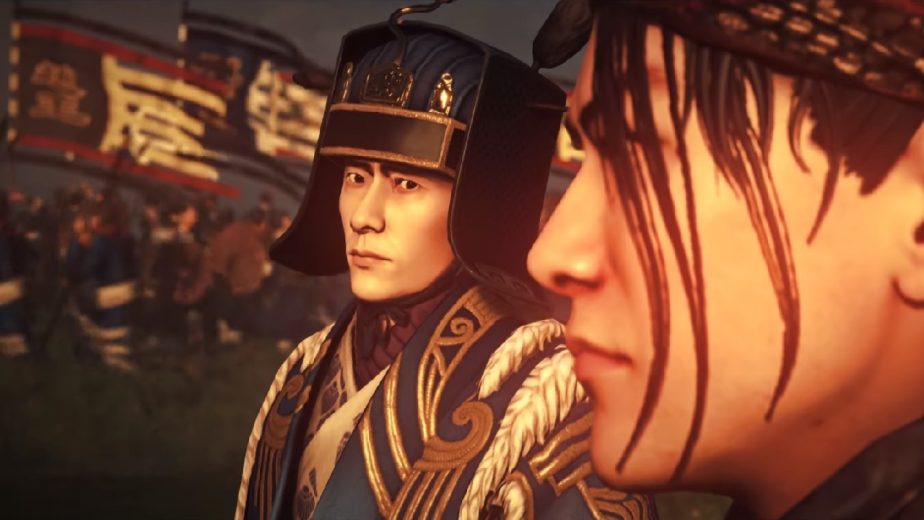
Sima Ying’s popularity meant that his people in Yecheng took umbrage at his treatment by Sima Yong. Two of his generals, Gongshi Fan and Ji Sang, launched a rebellion in order to restore him. Yong sent Sima Ying to quell the rebellion himself, but while he was away, Sima Yue launched his own rebellion against Sima Yong, forcing him to return to Chang’an. When Yong was defeated and Yue took power as regent, he issued orders to arrest Sima Ying. The former crown prince fled, but was captured by Sima Xiao, Prince of Fanyang and at the time, defender of Yecheng. For a time, he lived in the city in imprisonment. However, when Xiao passed away shortly after, Liu Yu, the prince’s secretary, forged an edict which ordered Ying to kill himself, as he feared that Ying’s many supporters in the city would free him.
The Strange Fate of Sima Ying’s Casket
Sima Ying’s sad story would end there, were it not for one final strange episode. In the year 307, Yecheng was captured by Ying’s former general Ji Sang. The general took his casket and put it on a wagon which was transported with his army. He even insisted on reporting on his decisions to the casket. One year later, he was defeated in battle, and the casket was thrown down a well. However, some of Ying’s former supporters subsequently retrieved the casket and buried it properly.
